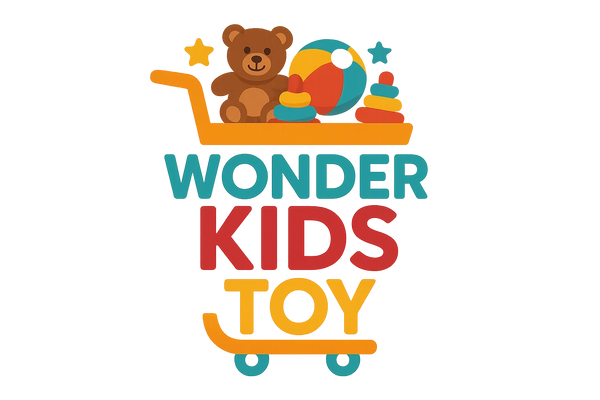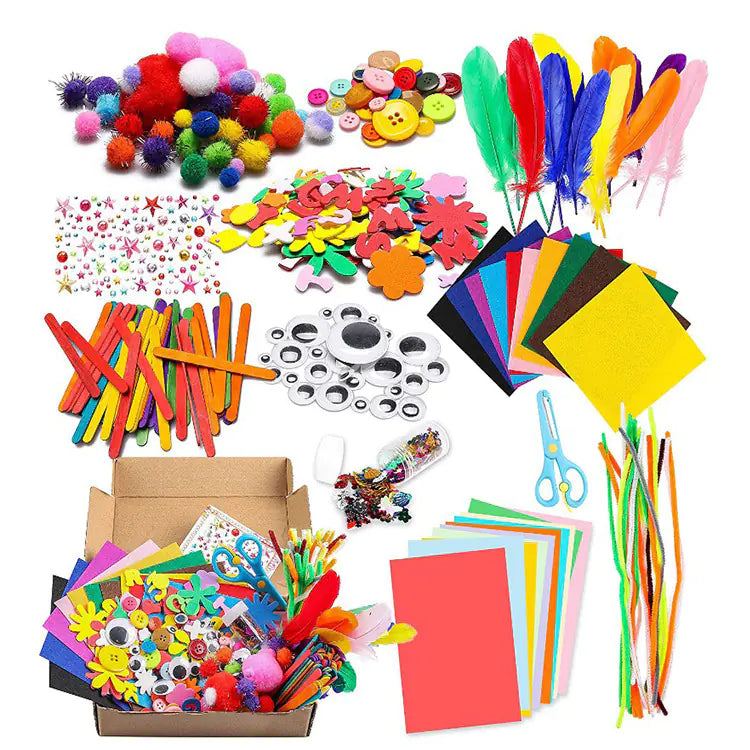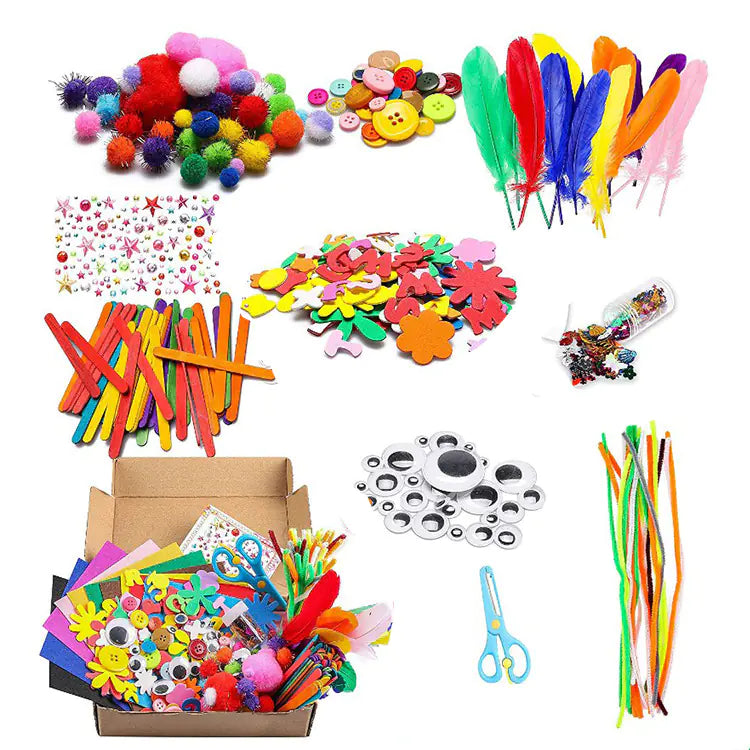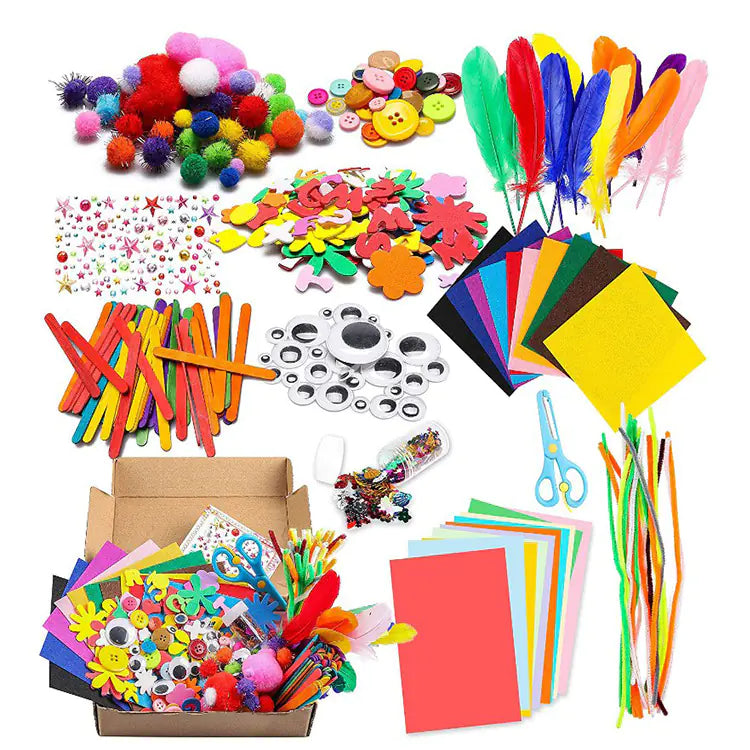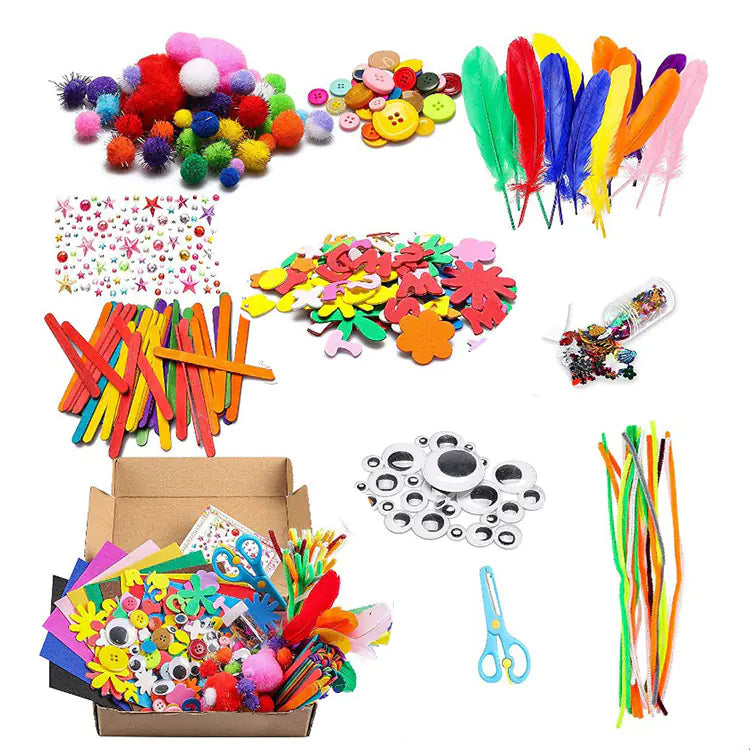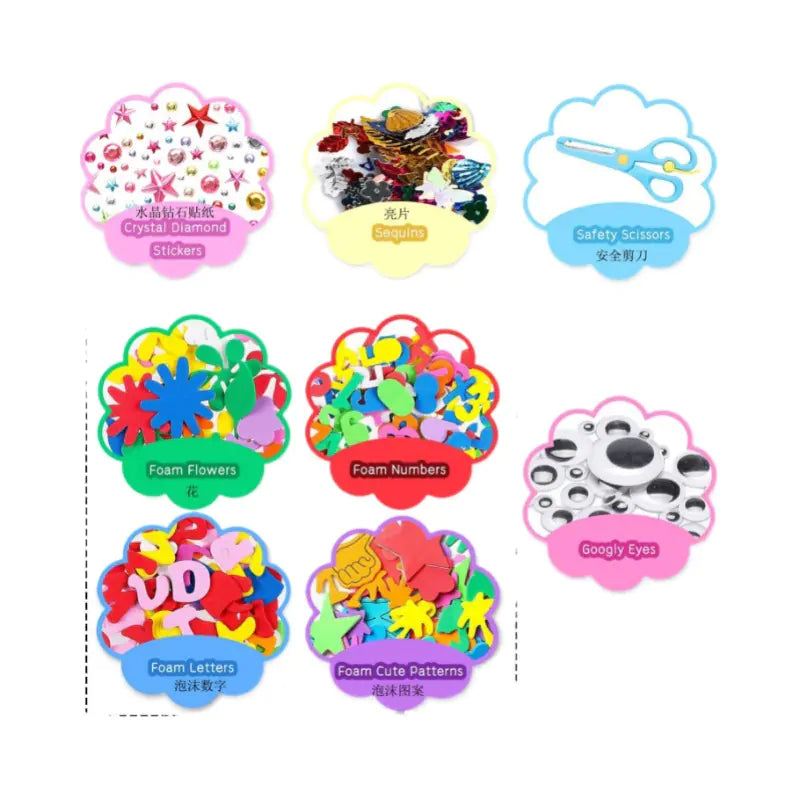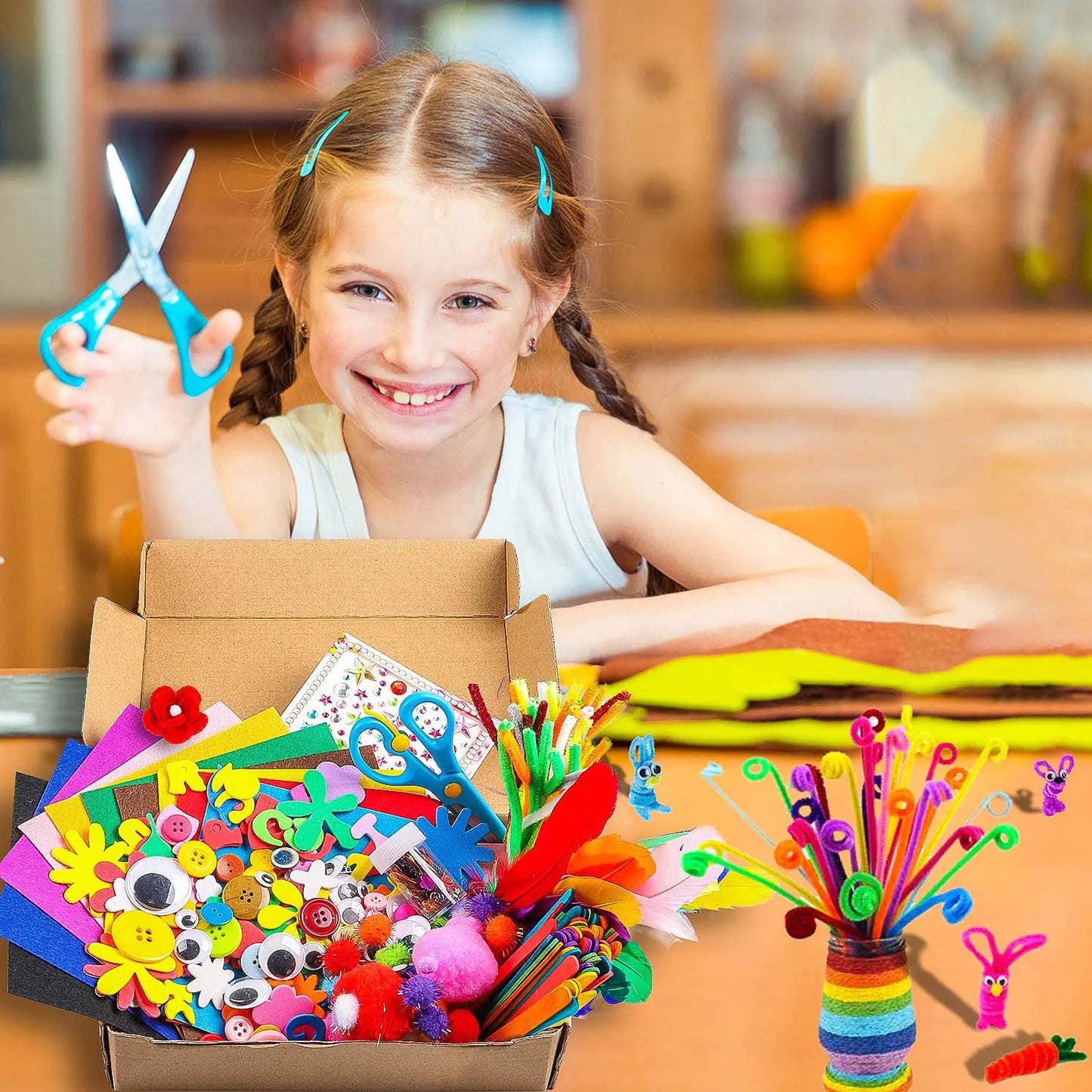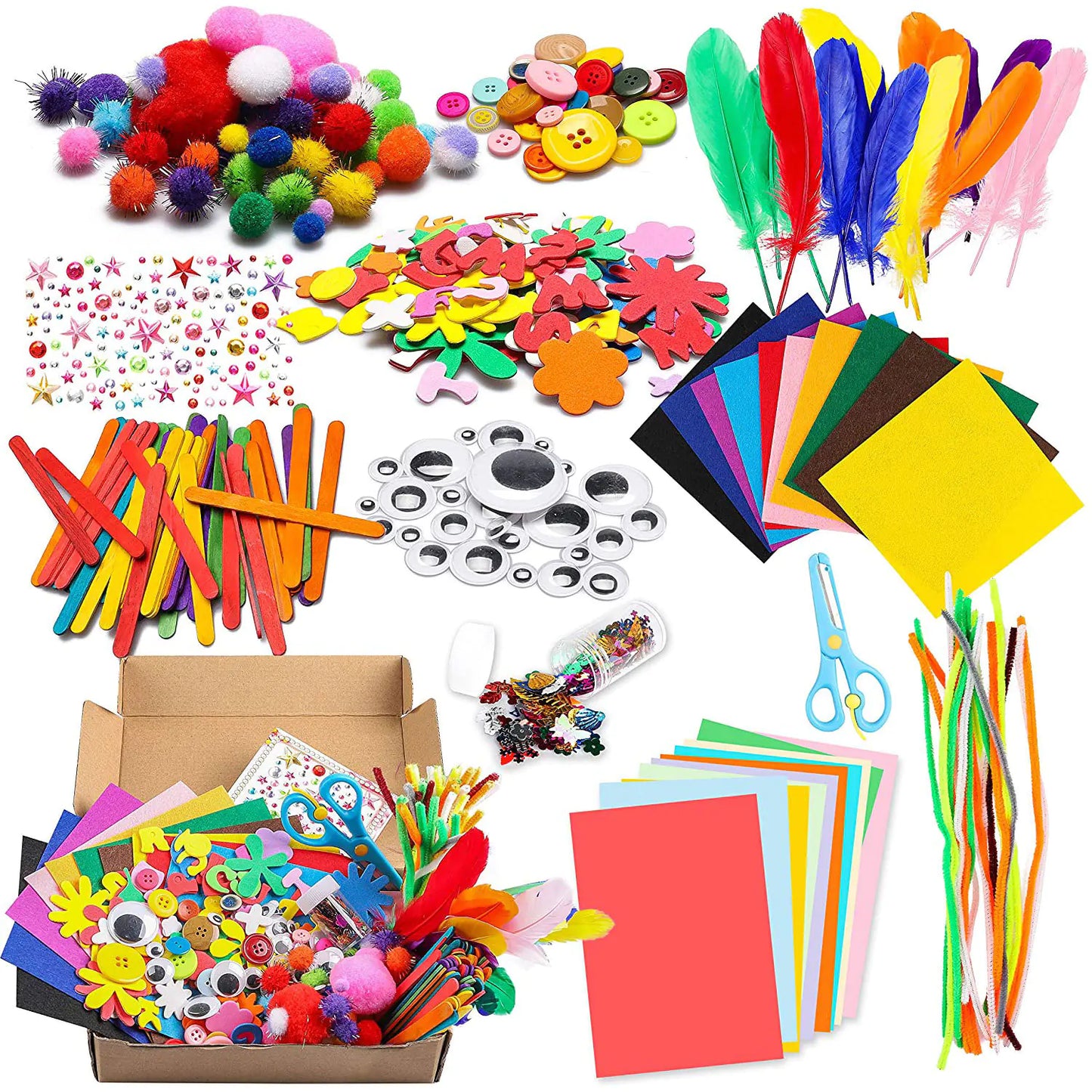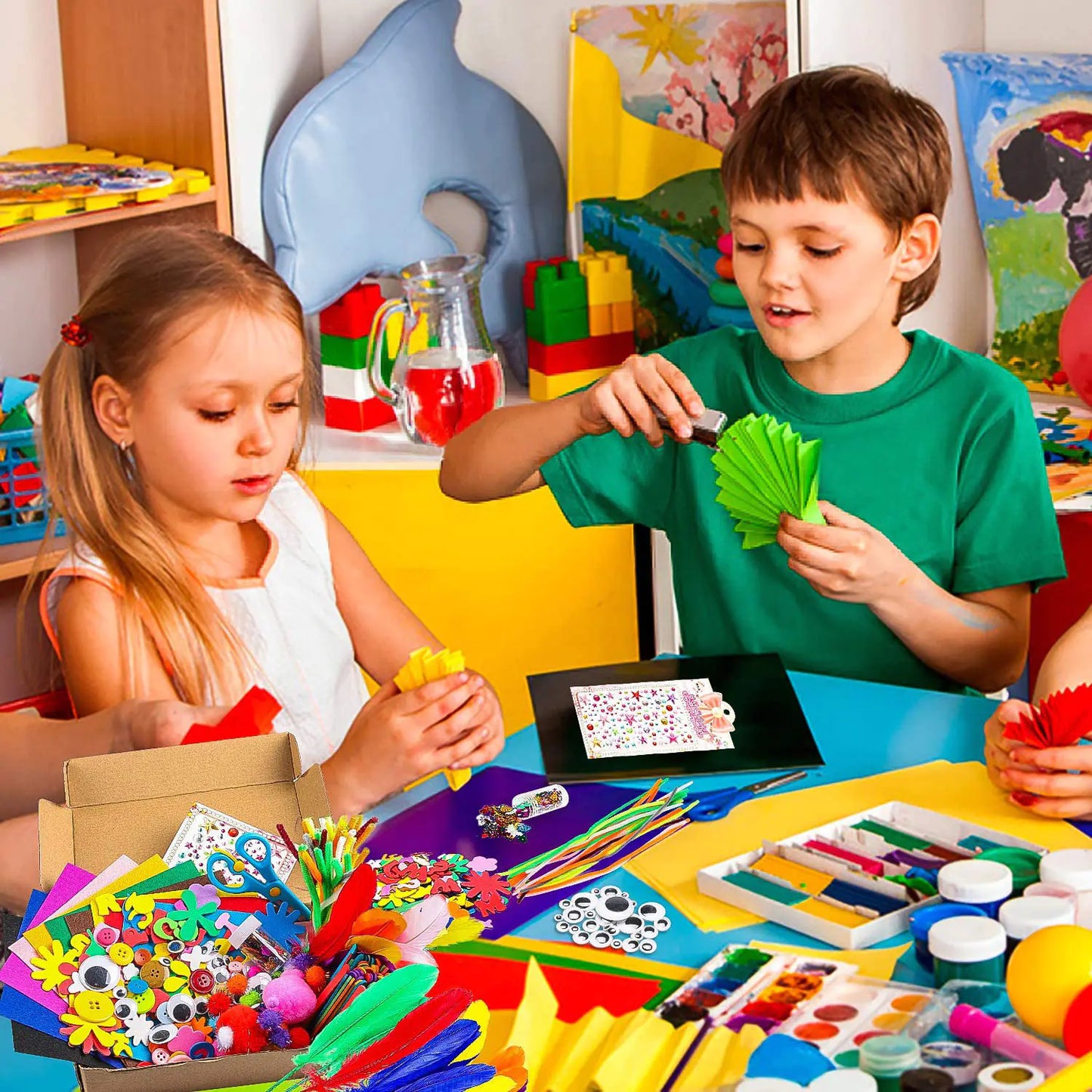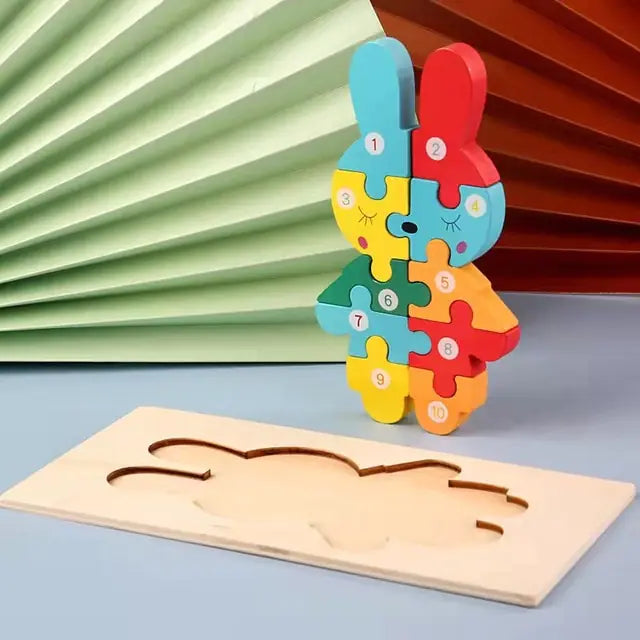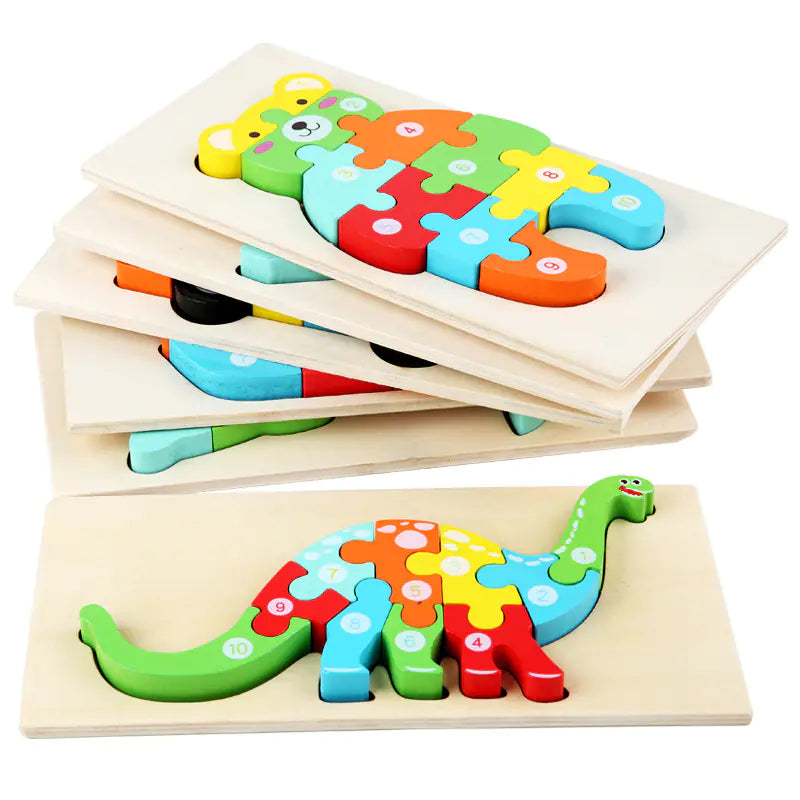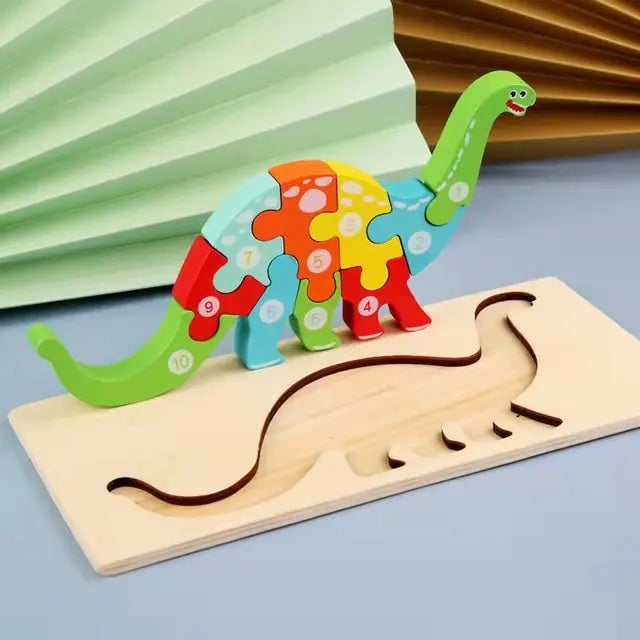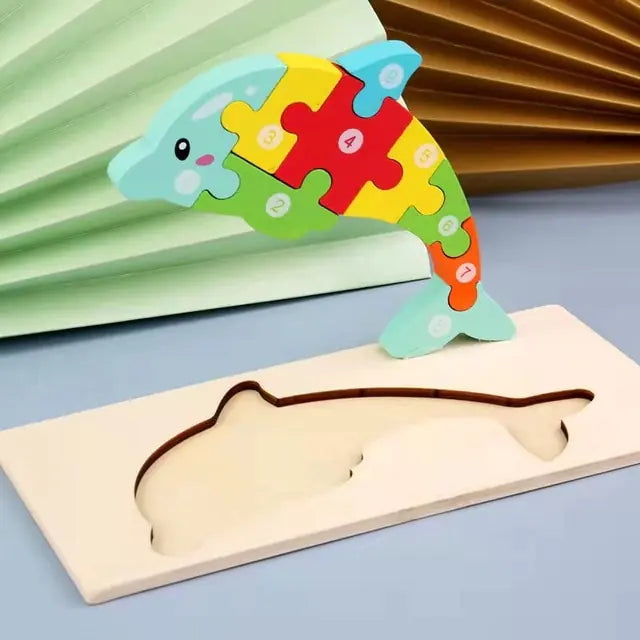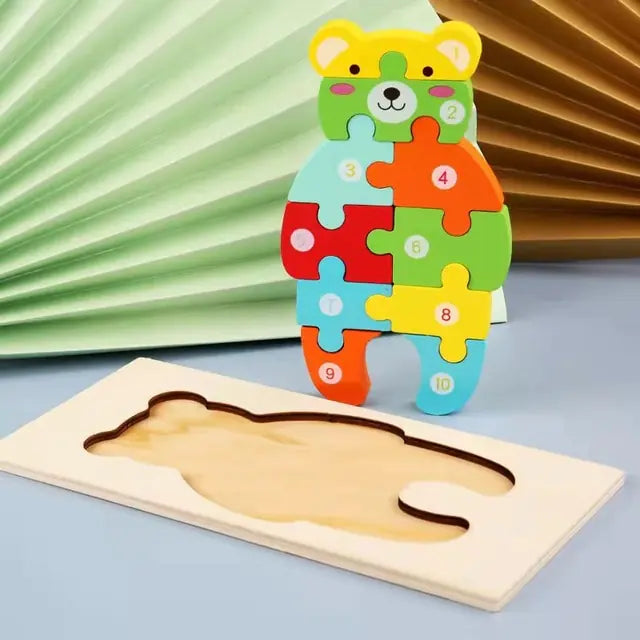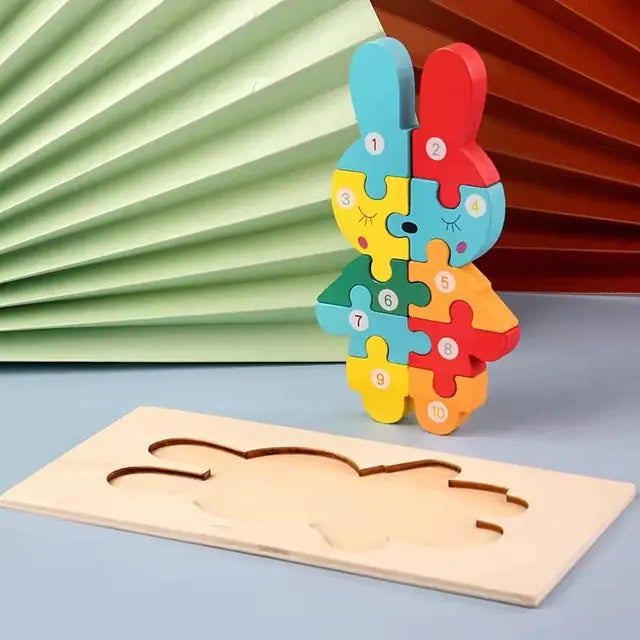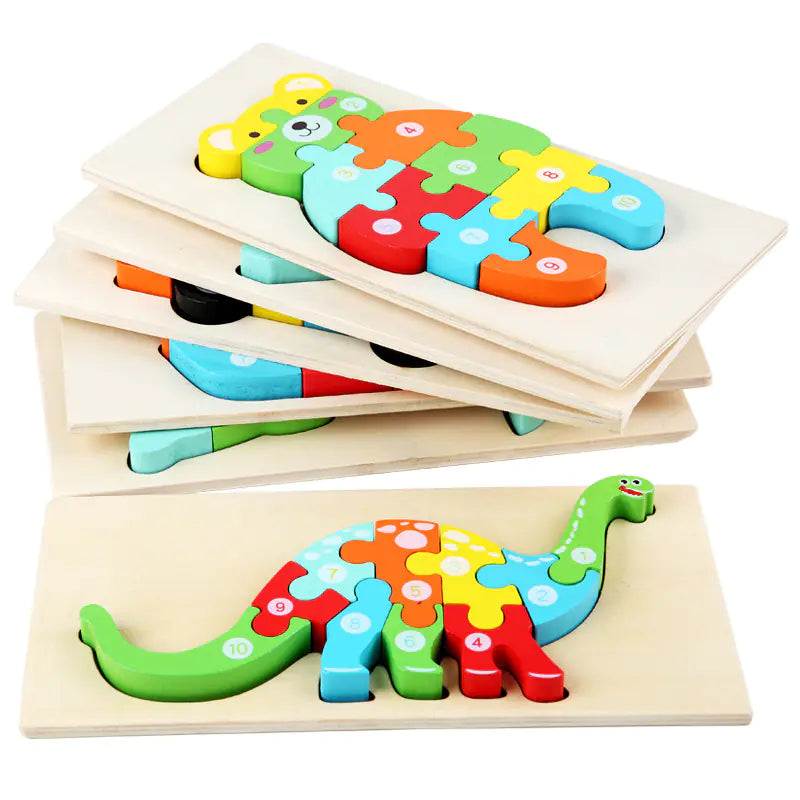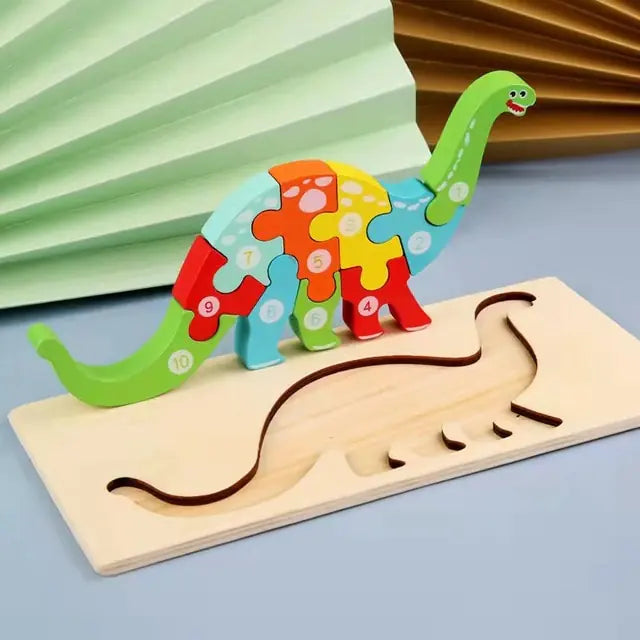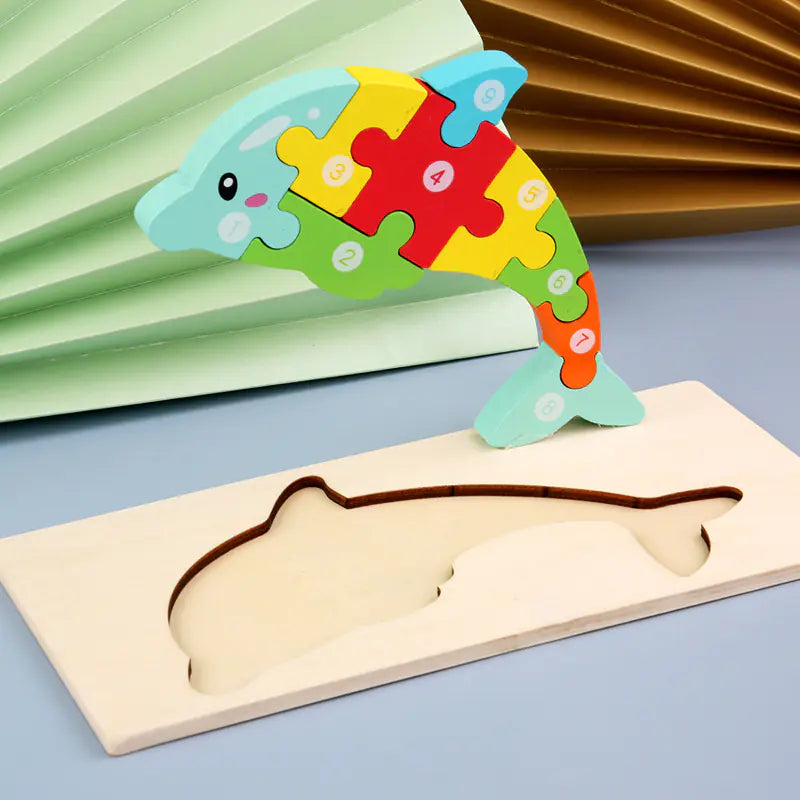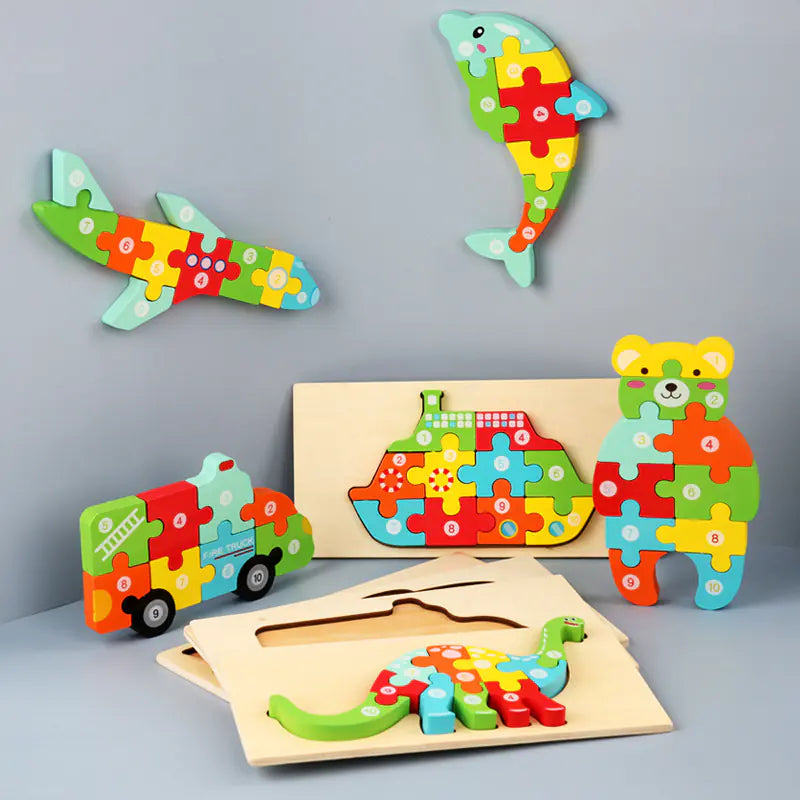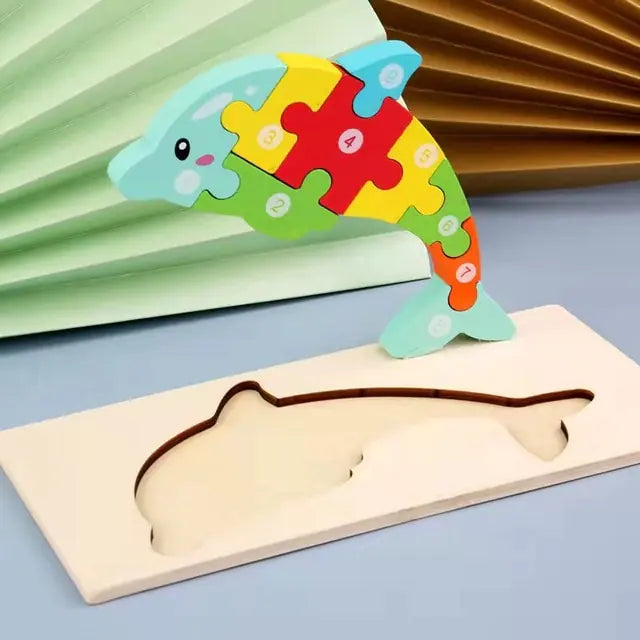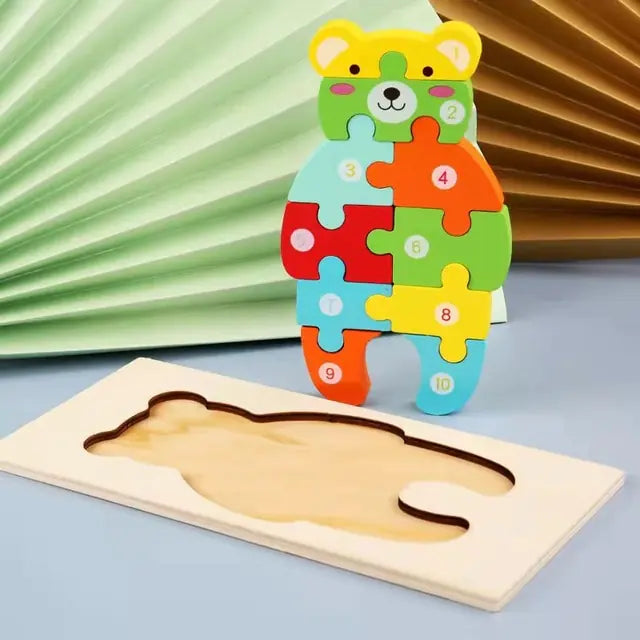The cosmos has always captivated the imagination of young minds, and what better way to nurture this fascination than with engaging astronomy toys? From hands-on kits to interactive apps, these toys offer a fun and educational way to explore the universe. They not only provide an introduction to the wonders of the cosmos but also encourage a lifelong passion for science. This article delves into the best astronomy toys that are perfect for young explorers eager to learn about the stars and beyond.
Key Takeaways
- Astronomy toys stimulate curiosity and learning about the universe.
- Telescopes and planetariums offer a practical glimpse into celestial bodies.
- Interactive puzzles and games enhance spatial and logical thinking.
- Soft toys and books introduce younger children to space in a fun way.
- Apps and digital tools provide accessible astronomy lessons at any time.
1. Astronomy Kit

Introducing your child to the wonders of the universe can be both fun and educational with the right tools. An astronomy kit is a fantastic way to start. These kits often include a user-friendly telescope, various lenses, and sometimes even a guide to the night sky. It's the perfect way to spark a love for astronomy in young minds.
Here are a few benefits of getting an astronomy kit for your child:
- Hands-on Learning: By assembling parts and using the telescope, kids engage in active learning, which can enhance their understanding of scientific concepts.
- Educational Fun: These kits make learning about space exciting and accessible, turning complex ideas into enjoyable activities.
- Inspires Curiosity: As children explore the night sky, they naturally develop questions and a keen interest in learning more about the world beyond our planet.
Whether it's building their own telescope or exploring the stars, an astronomy kit is a great investment in your child's education and curiosity.
2. Telescopes for Kids

Introducing your child to the wonders of the universe can be as simple as getting them their first telescope. These aren't just toys; they're gateways to the cosmos. Telescopes for kids are designed to be user-friendly and robust enough to handle young astronomers' enthusiastic use. They're perfect for sparking a lifelong interest in astronomy and the sciences.
Telescopes allow kids to explore celestial bodies like stars, planets, and moons up close, which can be a thrilling experience. By observing the night sky, they not only learn about astronomy but also develop patience and observational skills. Here are a few reasons why a telescope might be the perfect gift for your budding astronomer:
- Ease of use: Kid-friendly telescopes are generally lightweight and easy to set up, making them ideal for young users.
- Educational value: They offer hands-on learning about the night sky, enhancing their knowledge and curiosity about the universe.
- Durability: Designed to withstand rough handling, these telescopes can endure the rigors of active kids.
Whether it's for a birthday, holiday, or just because, a telescope can provide endless educational entertainment and inspire a lifelong passion for the stars.
3. Solar System Spy Puzzle

If you're looking for a fun and educational way to introduce your kids to the wonders of the solar system, the Solar System Spy Puzzle is a fantastic choice! This large, 48-piece floor puzzle is not only a blast to put together, but it's also a great tool for learning. Each piece is designed to help young explorers recognize different planets and celestial bodies, making it a perfect blend of fun and education.
Key Benefits:
- Engages young minds in learning about the solar system in an interactive way.
- Helps develop fine motor skills and hand-eye coordination as kids piece together the puzzle.
- Encourages problem-solving and critical thinking skills.
Remember, the joy of discovery is a gift that keeps on giving. This puzzle is more than just a toy; it's a gateway to a universe of wonders waiting to be explored by your little astronaut!
4. Space-Themed Plush Toys

For the youngest explorers, nothing beats the charm and educational value of space-themed plush toys. These cuddly companions are not just toys; they're a gateway to learning about the cosmos in a way that's accessible and fun for kids. Imagine your child holding a soft plush planet, each designed to represent the unique features of the celestial bodies in our solar system. It's a cozy, hands-on way to introduce them to the wonders of space.
Benefits of Space-Themed Plush Toys
- Engages young minds in learning about space in a tactile and visual manner.
- Helps develop a sense of curiosity and wonder about the universe.
- Provides a comforting, soft companion for bedtime or playtime.
These plush toys often come in sets, like the popular plush planet set, which includes all the planets of our solar system. They're rated highly by parents and are a fantastic tool for both play and education. Whether it's during a quiet story time or a lively play date, these plush toys make learning about space an adventure.
Remember, every cuddly planet is a stepping stone to a lifetime of curiosity and learning about the vast universe.
5. Rotating Star Map

Imagine being able to explore the night sky from the comfort of your home, with just a simple twist! A rotating star map is a fantastic tool for young astronomers to begin their celestial adventures. This easy-to-use device allows kids to dial in the date and time, instantly revealing which constellations and stars are visible in the sky above. It's like having a personal planetarium that fits right on your desk!
The beauty of a rotating star map lies in its simplicity and educational value. Children can learn about the constellations, track star movements, and even plan their stargazing nights. It's a hands-on way to engage with astronomy, fostering a love for science and the universe. The rotating mechanism makes it easy for kids to handle, and the detailed guides often included with these maps provide fascinating facts and stories about the stars and constellations.
Encourage your child's curiosity and exploration with a rotating star map, turning every night into a potential astronomical adventure.
6. Field Tools for Kids

When it comes to nurturing a child's curiosity about the natural world, nothing beats hands-on exploration. That's why I'm a big fan of field tools for kids. These kits, like the Backyard Safari 6-in-1 Field Tools, are perfect for young explorers. They come equipped with essentials such as a telescoping magnet, an angling mirror, field tongs, a mini shovel, a brush, and a safety whistle. All these tools are sturdy and designed to withstand the rigors of outdoor adventures.
Benefits of Field Tools
- Encourages outdoor activity: Kids get to spend time outside, exploring and learning about their environment.
- Educational: Each tool serves as a practical introduction to scientific concepts and methods.
- Builds problem-solving skills: As kids use these tools to explore, they learn to solve problems and make discoveries on their own.
Games and activities can be incorporated into the use of these tools, making learning even more fun and interactive. Whether digging up a garden, examining bugs, or collecting rocks, these tools help turn the whole world into a classroom.
7. Spacecraft Building Kits

Building and launching a spacecraft is not just fun, it's an educational adventure that introduces young minds to the basics of engineering and physics. With kits like the National Geographic Kids Mars Rover Model Kit and the Thames & Kosmos Rocket Science Kit, kids get to assemble their own spacecrafts and rockets, learning about the mechanics and science behind them. These kits come with all necessary parts and detailed instructions, making it easy for kids to get hands-on experience.
One of the best parts about these kits is the puzzle of putting together all the pieces. It's a great way for kids to develop their problem-solving skills and patience. Plus, the excitement of launching their very own rocket or rover is unbeatable!
Here’s a quick look at some popular kits:
- 4M Solar System Planetarium Model Kit: Learn about the solar system's structure.
- National Geographic Kids Mars Rover Model Kit: Build a replica of the Mars rover.
- Thames & Kosmos Rocket Science Kit: Launch your own rockets with this comprehensive set.
These kits not only provide fun and education but also spark a lifelong interest in space and science.
8. Planetary Projectors

Planetary projectors are a fantastic way for kids to learn about the solar system right from their bedrooms. These devices project images of planets and other celestial objects onto walls or ceilings, creating a mesmerizing display that can spark curiosity and learning. Imagine turning the walls of your home into a sparkling light show where your child can explore the cosmos in a fun and educational way.
Here are some of the top planetary projectors for kids:
- Discovery Kids Planetarium Projector: Features rotating discs that project images of stars, planets, and constellations. It also includes a built-in timer for bedtime use.
- Smithsonian Optics Room Planetarium and Dual Projector: Allows exploration of both the solar system and the night sky, enhancing the learning experience.
These projectors not only provide entertainment but also serve as an educational tool, helping children understand complex astronomical concepts in a simple and engaging manner.
9. Space-Themed Board Games

Board games are a fantastic way for kids to have fun while learning about astronomy and space exploration. They provide an interactive experience that engages children in strategic thinking and problem-solving. Here are three space-themed board games that are both fun and educational:
-
The Space Race: In this cooperative game, players work together to build a space station and complete missions. They must manage resources, solve problems, and make strategic decisions to ensure the success of their mission. The game promotes teamwork and critical thinking skills, making it a great choice for kids.
-
Qurious Space: This set includes four STEM card games that cover matching, memory, and photo trivia. It's small and portable, making it great for trips! Recommended for age 7 and up.
-
Smithsonian Optics Room Planetarium and Dual Projector: While not a traditional board game, this dual projector allows kids to explore both the solar system and the night sky. It projects images of planets, moons, stars, and constellations onto walls or ceilings, providing an immersive learning experience.
10. Astronomy Apps

In this digital era, it's fantastic how easily accessible educational content is for our kids, especially when it comes to learning about the vast universe. Astronomy apps are a brilliant way to turn screen time into an interactive learning experience. Here are a few top picks that I've found to be particularly helpful for young astronomers:
- Star Walk Kids - Perfect for beginners, this app makes stargazing simple and fun with its interactive animations and videos.
- SkyView - Using augmented reality, this app overlays celestial information over the real sky, allowing kids to learn about stars and planets by simply pointing their device at the sky.
- NASA App - Offers a wealth of information straight from the space experts themselves, including live streams, educational videos, and the latest space news.
- Solar Walk - Provides a detailed 3D model of the solar system and includes quizzes and articles to deepen the understanding of space.
These apps not only educate but also inspire curiosity and wonder about the cosmos. They're a great way to support learning outside of the classroom, ensuring that our kids stay engaged and motivated. I highly recommend incorporating them into your child's learning tools!
Explore the universe from the comfort of your home with our top 10 Astronomy Apps featured in our latest article. These apps bring the stars closer to you, offering interactive experiences and detailed celestial maps. Perfect for both amateur stargazers and seasoned astronomers, these apps are a must-have for anyone fascinated by the cosmos. Visit our website to read more and discover how you can turn your smartphone into a personal observatory.
Wrapping Up the Stellar Journey
As we wrap up our cosmic journey through the best astronomy toys for young explorers, it's clear that the universe is not just a vast space out there, but a playground of knowledge and adventure right here at our fingertips. Whether through telescopes, interactive games, or educational kits, each toy offers a unique gateway to ignite the imaginations of budding astronomers. So, let's encourage our little ones to reach for the stars, and who knows? Maybe they'll discover something about the universe—or themselves—that's truly out of this world!
Frequently Asked Questions
What is the best age to start using astronomy toys?
Astronomy toys can be suitable for children as young as 3 years old, but the ideal age can vary depending on the complexity of the toy. It's important to choose toys that are age-appropriate to ensure they are both fun and educational.
Are these astronomy toys safe for young children?
Yes, the astronomy toys recommended are designed to be safe for young children. However, always check the product specifications and ensure they meet safety standards appropriate for your child's age group.
Can these toys be used for educational purposes in schools?
Absolutely! Many of the astronomy toys are not only great for home use but also can be incorporated into school curriculums to enhance learning about space and astronomy.
What are some key benefits of children playing with astronomy toys?
Playing with astronomy toys can enhance spatial awareness, improve fine motor skills, and foster a love for science and exploration. These toys encourage hands-on learning and can ignite a child's curiosity about the universe.
How can I choose the right telescope for my child?
When choosing a telescope for a child, consider the child's age, interests, and the ease of use of the telescope. It's important to select a model that is lightweight, easy to handle, and appropriate for beginners if they are new to astronomy.
What should I look for in a space-themed puzzle?
Look for puzzles that are age-appropriate in terms of difficulty, have engaging designs that depict space or the solar system, and are made from durable materials. Puzzles can be a great way for kids to learn about space while developing problem-solving skills.
Are there any interactive astronomy apps suitable for children?
Yes, there are several interactive astronomy apps designed specifically for children. These apps often include educational content, games, and simulations that make learning about astronomy fun and interactive.
What are some creative gift ideas for a child interested in astronomy?
Consider gifts like telescopes, star maps, space-themed board games, planetary projectors, and astronomy kits. These gifts can help nurture a child's interest in astronomy and provide educational entertainment.
